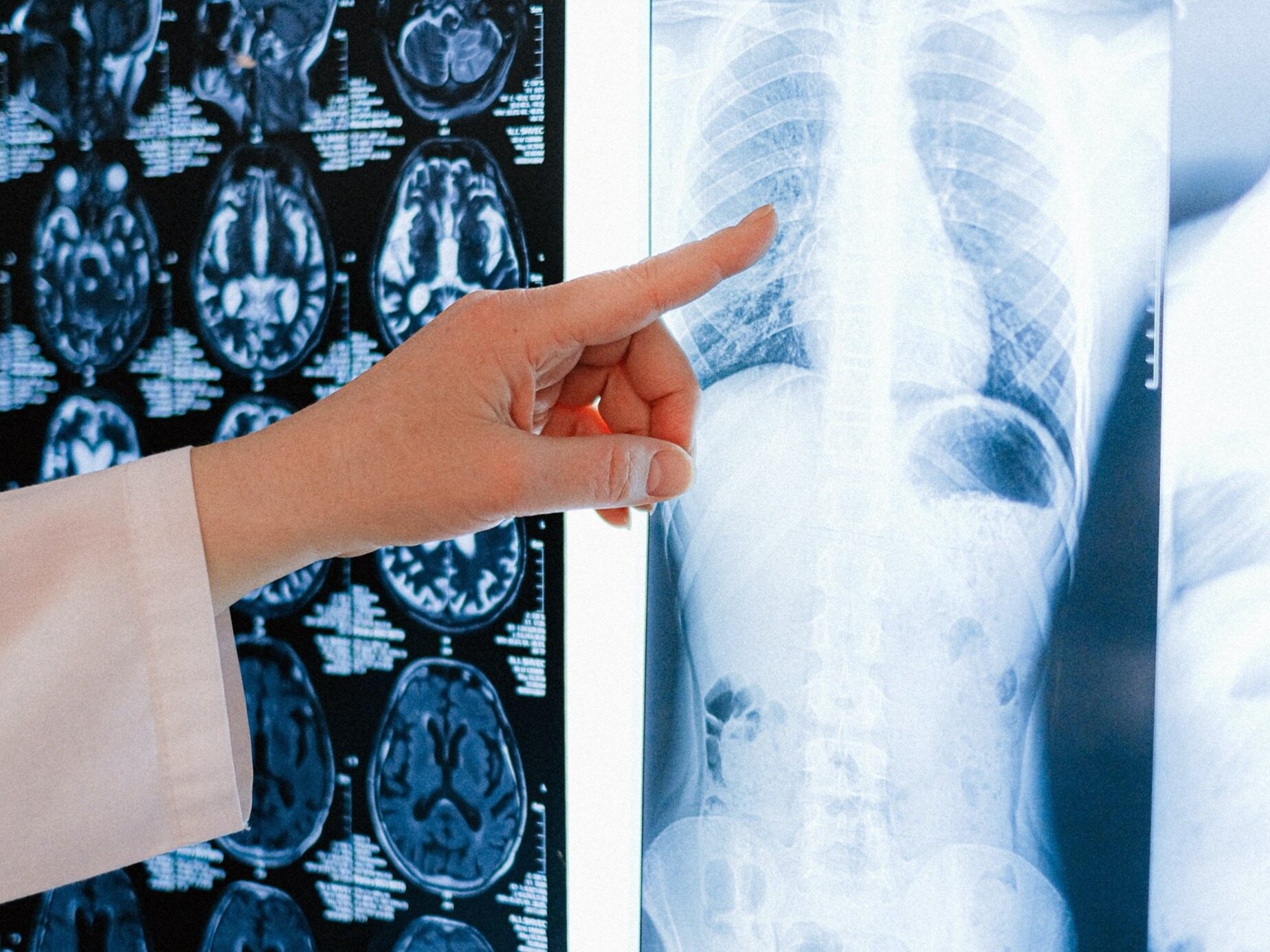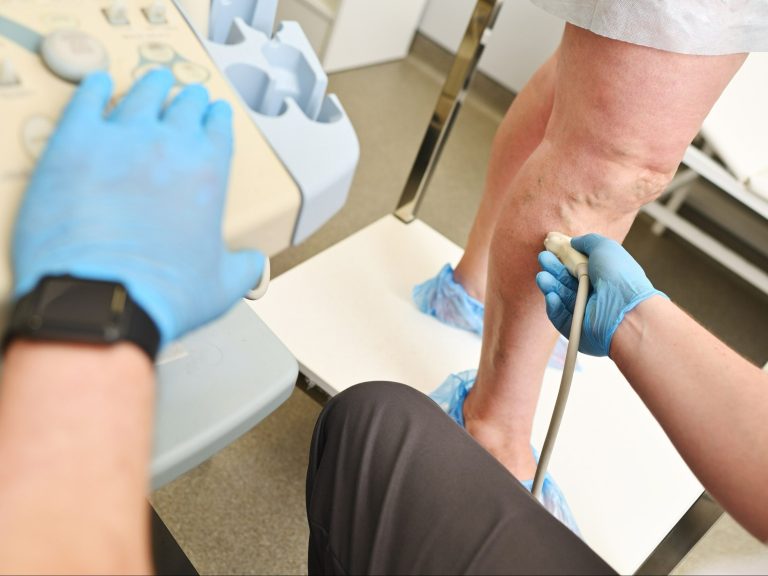Artificial intelligence will tell you what you will get sick from. One photo is enough

Artificial intelligence has settled in medicine for good. Japanese scientists have found another use for it. Only an X-ray is needed.
A research team led by PhD student Yasuhito Mitsuyama and Dr. Daiju Ueda from the Department of Diagnostic and Interventional Radiology of the Osaka Metropolitan University School of Medicine has constructed an artificial intelligence model that is able to determine a person’s age based on chest X-ray images. The scientists then used their invention to estimate the life expectancy of people with various types of diseases.
Artificial intelligence predicts age and diseases based on X-ray images
To check the usefulness of the created tool, experts conducted an experiment. In it, they used a total of over 67,000 chest x-rays taken by healthy people in the years 2008-2021. Artificial intelligence estimated the age of the subjects with very high accuracy. The correlation coefficient between the age proposed by AI and the actual age was 0.95, which is considered a very good result.
Specialists also decided to test the use of the invention in predicting the health status of patients struggling with various health problems. Artificial intelligence analyzed over 34,000 chest X-rays of people with chronic diseases, such as hypertension, hyperuricemia (increased blood uric acid) or chronic obstructive pulmonary disease. It turned out that the difference between the age estimated by the AI and the chronological age of the patient was positively correlated with various diseases. In other words, the older a person is (according to artificial intelligence), the more likely they are to suffer from one of the diseases listed above.
Will artificial intelligence predict surgical complications?
As pointed out by Yasuhito Mitsuyama, one of the authors of the study, chronological age is one of the most important pieces of information used in medicine. “Our results suggest that age determined from chest X-rays can accurately reflect an individual’s health conditions beyond chronological age. We want to develop the presented research and use it in the future to estimate the severity of chronic diseases, predict life expectancy and predict possible surgical complications in patients with various health problems – he said.






